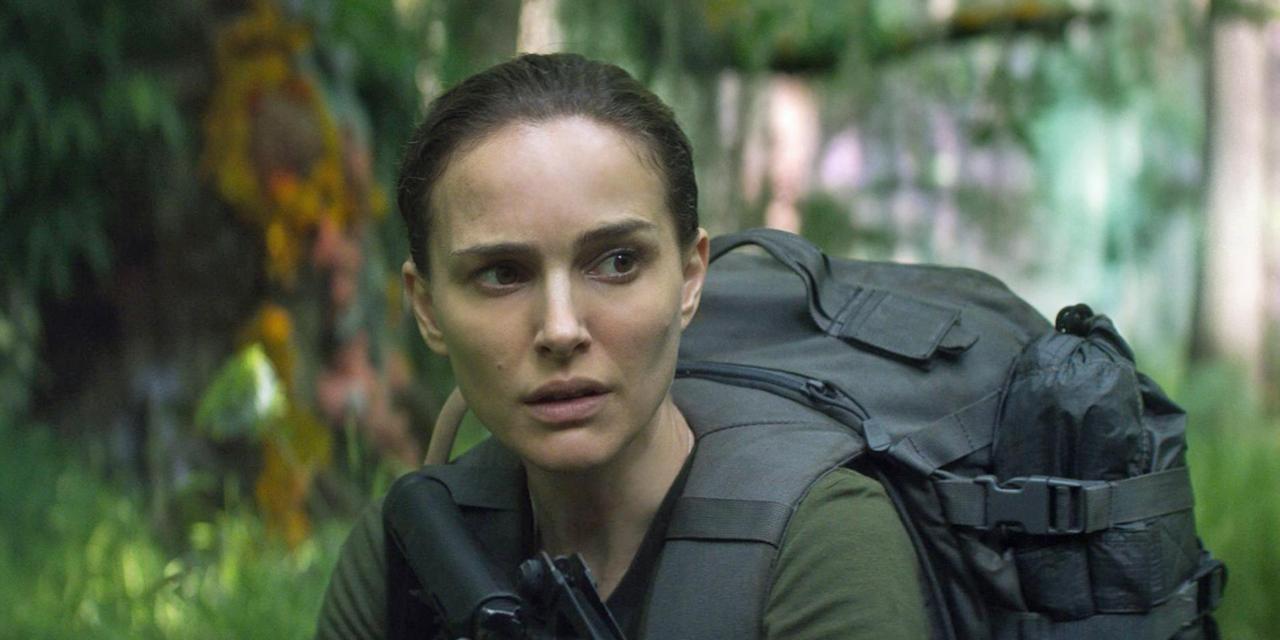
Already we’re at the midpoint of 2018 (where does the time go?), and anyone of the opinion that it’s been a mediocre year at the multiplex just wasn’t looking hard enough. Why even narrowing the titles down to a workable 20 titles was no small feat – I cringe at the many worthy films that didn’t make the cut and we still have six more months of amazing movies to go – and a cursory glance at the titles assembled here shows a wonderful and wide-ranging miscellany.
The auteur is alive and well, arthouse and blockbusters are plentiful, genre films are stronger than ever, female-led projects are populist and bankable, as are strong women characters (a trend that we’re happy to say continues to flourish in a very male dominated industry).
So take a look at our favorite 20 films so far from 2018 – hopefully several of these selections are new to you – be sure to add any titles we’ve missed or that you’re excited for that will be released later this year, and above all, keep watching and enjoy!
20. November
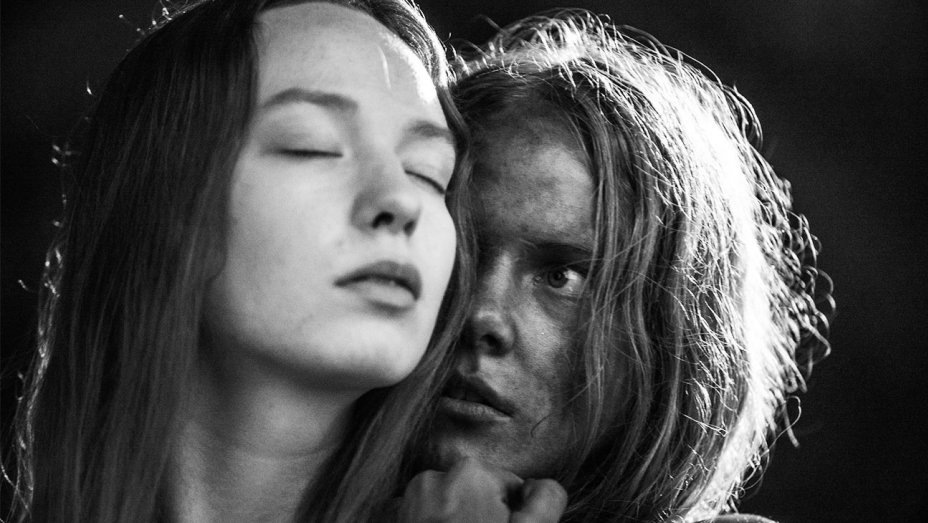
Set in the wintry landscape of 19th century Estonia, director Rainer Sarnet’s pagan-fuelled, black-and-white fantasy is a loose adaptation of Andrus Kivirähk’s 2000 novel “Rehepapp ehk November” (Old Barny aka November). It’s a bizarre and beautiful world of werewolves, spirits (including a personification of the Black Death), Christ, and “kratts” –– mythological “helpers”, scarecrow-like in appearance, made of bones and rusting farm tools that assist the peasantry in a myriad of ways.
And in this icy snowscape a farmer girl named Liina (Rea Lest) has eyes for a local lad named Hans (Jörgen Liik), who himself is besmitten with the unattainable aristocratic daughter (Jette Loona Hermanis) of the resident Baron. As the two evoke dangerous and double-edged mythical powers to quell their heart’s desires, only tragedy can result.
Sarnet’s monochromatic visuals, expertly lensed by cinematographer Mart Taniel, are frequently breathtaking, deeply strange, wholly outlandish, and all told, rather wonderful to behold. Equal parts funny and fucked up, November is a very singular cinematic expression of folkloric fantasy. It’s not for everyone, but the best kinds of strange, saga-like sojourns seldom ever are.
19. Double Lover
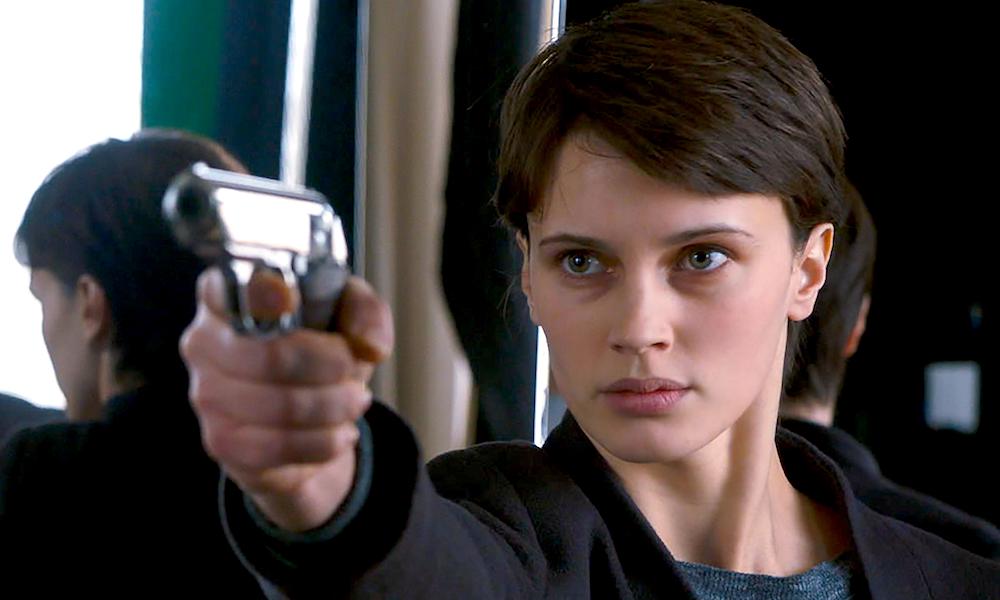
The always unpredictable and deftly handed director François Ozon (8 Women [2002], Swimming Pool [2003]) turns once more towards the erotic thriller with Double Lover, offering up a menacing psychological quagmire that fans of Brian De Palma will rightly go ape over.
Chloé (Marine Vacth) is a fragile and susceptible young woman, who falls for her psychoanalyst, Paul (Jérémie Renier). Soon she’s moving in with him, but begins to suspect he may be concealing something from her. Is it another side of his personality, or something altogether more effed up?
Ozon’s inspired adaptation of Joyce Carol Oates’s 1987 “Lives of Twins” embraces the idea that we’re all potentially very multifaceted when it comes to desire, and the results, writes Entertainment Weekly’s Chris Nashawaty, “is like Dead Ringers meets Body Double with a kinky, winking full-frontal Gallic twist.”
18. Ready Player One

Adapted from Ernest Cline’s pop culture soaked sci-fi best-seller from 2011, and custom made director Steven Spielberg’s strengths as populist blockbuster architect, Ready Player One is a shit ton of fun.
The best way to enjoy this endless procession of references to films, TV shows, music, toys, anime, video games, and comic books, is to turn your brain down low and your inner child all the way up. This is a full on “movie ride” experience and it’s nonstop. Beyond the ten or so minutes of exposition, the ensuing two-plus hours of action never lets up and it is one long o-faced nerdgasm.
Cline himself described his premise as “what if Willy Wonka designed video games instead of candy?” Veering here and there from Cline’s tome, Spielberg is largely faithful to the source material, or at least its spirit, set in the year 2045 on an overpopulated earth where much of humanity seeks escape into the virtual reality world of OASIS (Ontologically Anthropocentric Sensory Immersive Simulation).
Our hero is Wade Watts (Tye Sheridan), a teenage gamer who discovers clues to a hidden game within the OASIS that promises the winner full ownership of the OASIS program, and he soon joins several allies to try to complete the game before indentured players working for a large company, Innovative Online Industries (IOI), run by Nolan Sorrento (Sam Mendelsohn), can do the same.
Spielberg and his producers spent years securing the rights for the copyrighted elements used in Ready Player One, and there’s so much to see in the film that a single viewing cannot possibly contain them all; from a gasp-inducing sequence centered on The Shining, to fist-pumping cameos from the likes of Mobile Suit Gundam, the Iron Giant, Freddy Krueger, Robocop, Bill and Ted, Back to the Future, Twisted Sister, Rush, A-ha, and so much more, including a laugh-out-loud Child’s Play detail (“It’s fucking Chucky!”), Ready Player One is all bombastically merry recontextualizing and controlled explosion of pop-culture eye candy, non-stop nostalgia, and sci-fi spectacle.
17. How to Talk to Girls at Parties
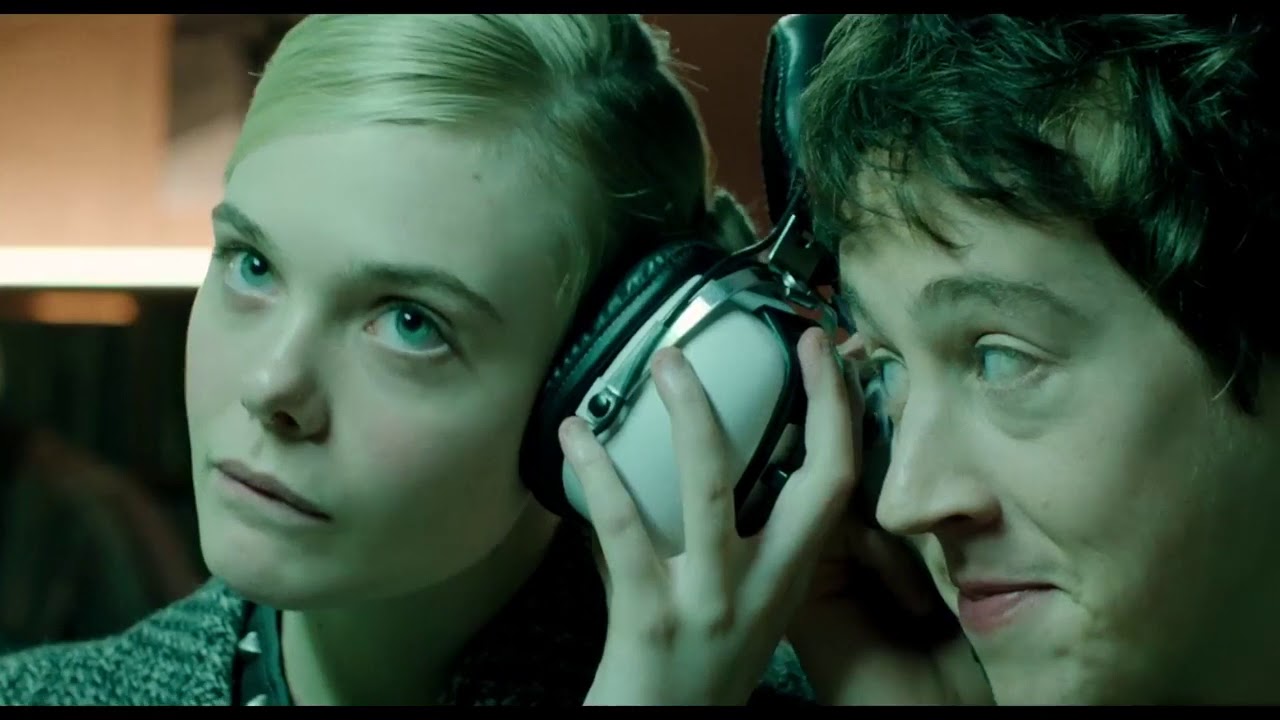
Admittedly the latest from John Cameron Mitchell, like his best known works, 2001’s Hedwig and the Angry Inch, and 2006’s Shortbus, is an acquired taste that will only appeal to niche audiences looking for their next cult film fix. To that end, Mitchell’s got an ace in his sleeve in that his gloriously goofy sci-fi rom com, How to Talk to Girls at Parties, is an oddball adaptation of a celebrated 2006 short story from iconic comic book/sci-fi and fantasy scribe Neil Gaiman (The Sandman, American Gods, Coraline). So there’s a lovingly loopy fanbase already waiting in the wings.
Mitchell doesn’t disappoint, and this is the sort of late-at-night, punk-addled, quip-fuelled foray that will have fans of subversive musicals like Phantom of the Paradise (1974), The Rocky Horror Picture Show (1975), or Mitchell’s aforementioned Hedwig.
Enn (Alex Sharp) is a shy teenager on the fringes of the punk scene in 1970s London where he meets Zan (Elle Fanning), a charismatic young lass who rolls with a bizarre group of otherworldly girls at one of the most energetic and gonzo parties that Enn has ever been to. Soon there’s a showdown between punks and aliens –– with Nicole Kidman in the mix as an old school punk priestess named Queen Boadicea.
How to Talk to Girls at Parties is a mixed bag in places (the punk rock musical aspect may be the film’s weakest link), but when it’s a teen love story with sci-fi interludes and funny performances from the two leads, it’s a pretty fantastic distraction and a joyful journey of youth in revolt.
16. Summer 1993
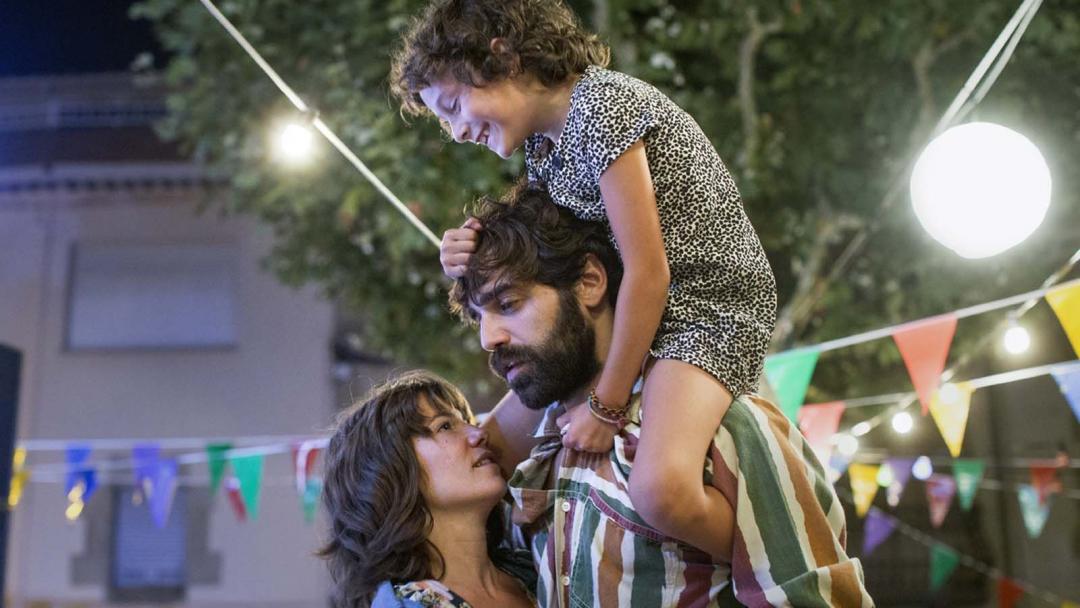
Subtle, touching, but never maudlin, Catalin writer-director Carla Simón’s Summer 1993 is a nuanced film about childhood and, more specifically, a young girl’s apprehension of devastating personal tragedy.
Six-year-old Frida (Laia Artigas) stares in helpless silence as the last possessions of her recently deceased mother are packed away into boxes and she bids a bitter farewell to the Barcelona apartment they shared. A victim of AIDS, Frida tries to get her head around the fact that she will never see her mother again, even though her aunt, uncle, and young cousin have taken her in and have a new home and life for her in the bucolic Catalan countryside.
Artfully employing an unobtrusive camera, Simón, who based much of Summer 1993 on her own personal experiences, also bays somewhat at the heels of Victor Erice (The Spirit of the Beehive [1973]), and Maurice Pialat (Naked Childhood [1968]), who’s influence mark much of the film.
Summer 1993 is an aching song of delicacy, purity, and restraint, and the results are a vibrant, in spite of the heartache at its core. Simón, who is cresting a wave of Catalin women directors, and her naturalistic style and sensibilities ensure a great career ahead of her, and this is her first small-scale masterwork.
15. American Animals
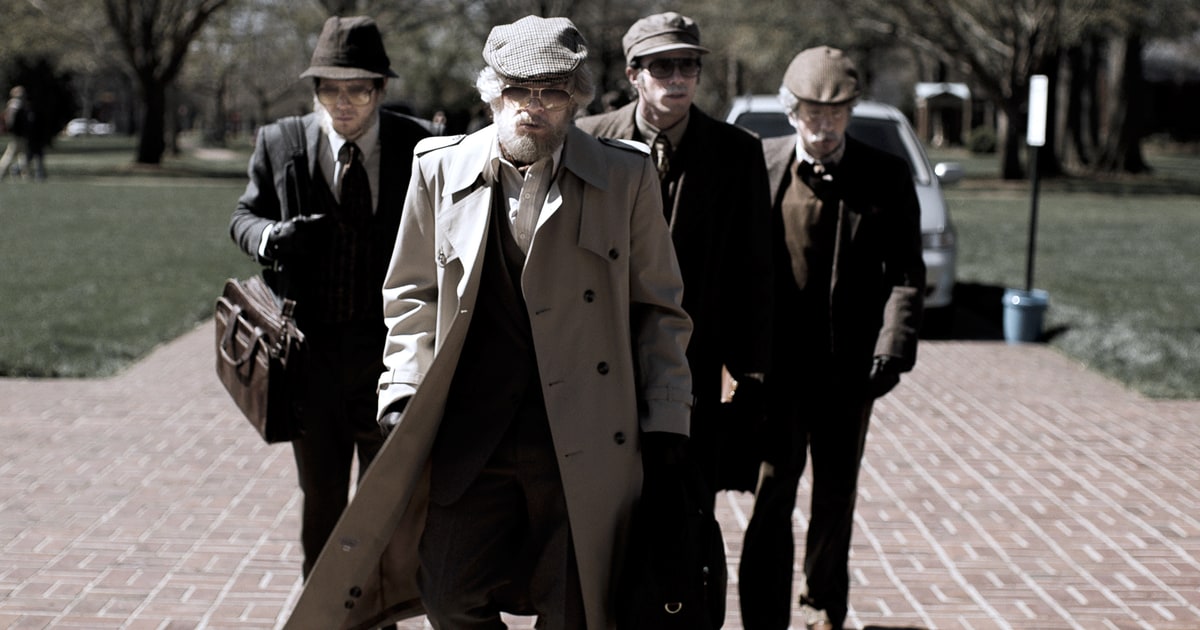
BAFTA winning documentarian Bart Layton (2012’s The Impostor) conjures Akira Kurosawa’s Rashomon as he mixes subjectivity and high-stakes suspense in American Animals, based off the true story of a daring and ridiculous 2004 library heist at the Transylvania University in Lexington, Kentucky.
Misguided, blundering, and delusional wannabe criminal ringleader Warren Lipka (Evan Peters, excellent), and his childhood BFF Spencer Reinhard (Barry Keoghan, continuing his winning streak after a dazzling turn in 2017’s The Killing of a Sacred Deer), egged on by suburban ennui, their favorite film noir anti-heroes, and their knowledge of TU’s special collections library holding incredibly valuable Audubon prints and rare books leads them into an outrageous caper that can only end in disaster.
“Performed with piss, vinegar and some poignancy,” writes Variety’s Guy Lodge, “Layton’s crowdpleasing Sundance competition entry is tricked out to the max with lithe structural fillips, flashes of cinematic quotation and formal sleight of hand.”